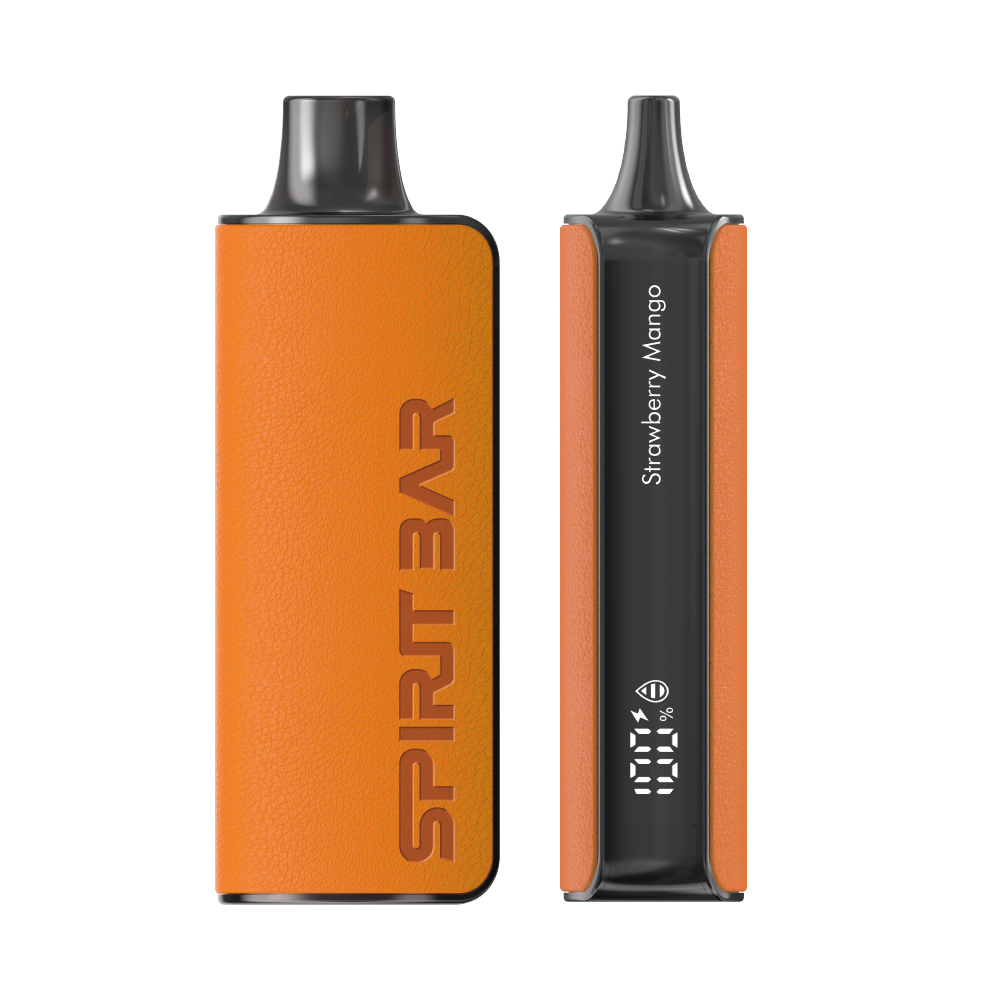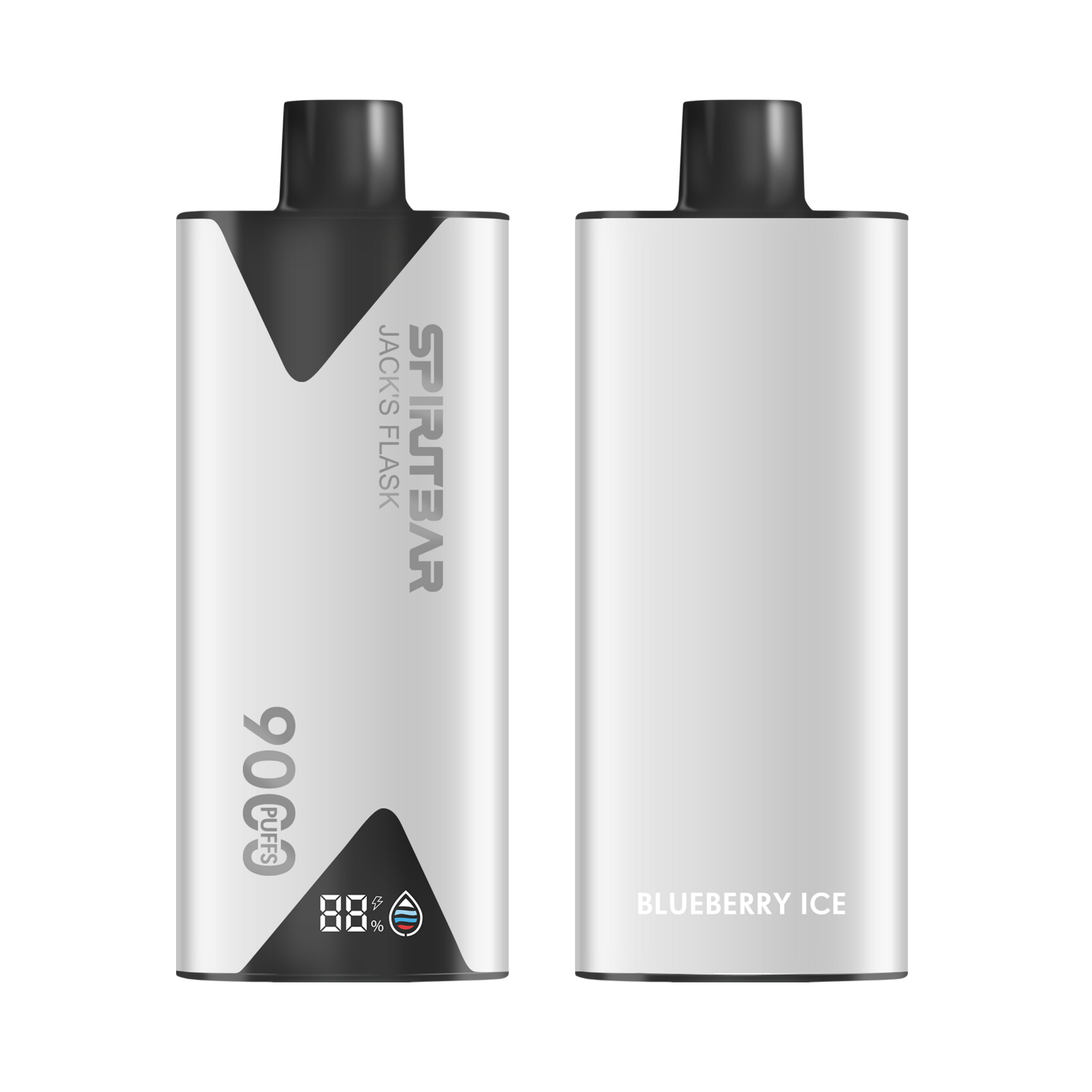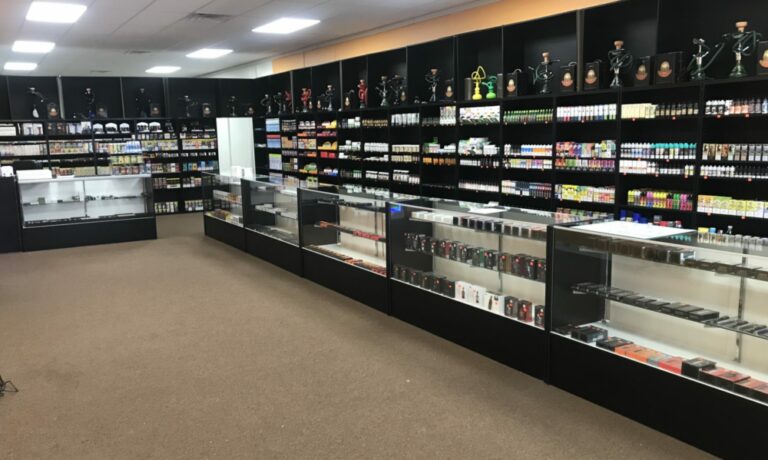How Do Hotels Know If You Vape: Detection Methods Explained
If you’re a vaper, you might be wondering whether hotels can detect if you vape in your room. As vaping becomes more popular, hotels have been taking measures to ensure that guests don’t vape in their rooms. But how do hotels know if you’re vaping? In this article, I will explore the different ways hotels can detect vaping in their rooms and what happens if they find out.
Hotels can use a variety of methods to detect vaping in their rooms. Some hotels have installed sophisticated smoke detectors that can detect the presence of vapor from vaping devices. Others have air quality monitors that can detect the presence of harmful chemicals produced by vaping, such as formaldehyde and acrolein. In addition, hotel staff can often detect vaping by the residue and scent left behind by vape smoke. If you’re caught vaping in your hotel room, you could face fines or even be asked to leave the hotel. In some cases, hotels may also charge you for any damage caused by vaping in the room.
Identifying Vaping Signs in Hotel Rooms
As a frequent traveler and a non-smoker, I have become more aware of the signs of vaping in hotel rooms. Here are some common signs that hotel staff may look for to identify if someone has been vaping in their room:
- Odor: While some vapes are odorless, many have a distinct scent that can linger in the air and on surfaces. Hotel staff may notice a sweet or fruity smell that is not typical of a non-smoking hotel room.
- Residue: Vaping leaves behind residue on surfaces such as walls, ceilings, and furniture. This residue can be difficult to see, but it can be detected with a black light or by using a cleaning solution that reacts with nicotine.
- Smoke detectors: Some modern smoke detectors are equipped with an ionization chamber that can detect vaping and trigger an alarm. Hotel staff may be alerted by the alarm and investigate the room for signs of vaping.
- Trash: Vaping produces waste such as used cartridges, pods, and batteries. Hotel staff may look for these items in the trash or recycling bins in the room.
- Stains: Vaping liquids can leave stains on fabrics such as curtains, bedding, and upholstery. Hotel staff may notice discoloration or stains that are not typical of a non-smoking room.
It is important to note that not all of these signs may be present in every case of vaping in a hotel room. Some vapes are odorless and leave no visible residue, making them difficult to detect. However, hotel staff are trained to look for these signs and may investigate further if they suspect vaping has occurred in a room.
As a responsible traveler, it is important to follow the rules and regulations of the hotel and refrain from vaping in non-smoking rooms. If you must vape, consider booking a smoking room or finding a designated smoking area outside of the hotel.
Technology Used by Hotels to Detect Vaping
Hotels have various technologies at their disposal to detect vaping in their premises. Here are some of the most commonly used methods:
Smoke Detectors
Hotels often have sophisticated smoke detectors that can detect vape smoke in the air. These detectors are designed to detect even the smallest amounts of smoke and can trigger an alarm if they detect vape smoke.
Security Cameras
Many hotels have security cameras installed in their premises, including in guest rooms. These cameras can be used to monitor guests and detect any smoking or vaping activity.
Staff Reports
Hotel staff can also report any suspicious activity, including vaping, to the management. Staff members are trained to identify signs of vaping, such as the smell of vapor or the presence of vaping devices.
Black Lights
Some hotels use black lights to detect vaping residue in guest rooms. Black lights emit ultraviolet light, which can make vaping residue glow, making it easier to detect.
This disposable vape captures the daring spirit of the high seas with its flask styling and signature pirate e-juice flavors. The extraordinary battery life provides 9000 indulgent puffs for extended vaping pleasure. Live boldly and freely with the Jack's Flask - a legendary vaping experience fit for a pirate's adventures.
It is important to note that while hotels have various technologies to detect vaping, some vapes are odorless and may not be detectable by scent alone. Additionally, hotels may have varying policies on vaping, so it is important to check with the hotel management before vaping in a hotel room.
Hotel Policies on Vaping
As vaping becomes more popular, hotels have started implementing policies regarding vaping in their rooms. These policies can vary from hotel to hotel, so it’s important to check with the hotel before vaping in your room.
Most hotels have a strict no smoking policy, which includes vaping. This means that vaping is not allowed in any indoor areas of the hotel, including hotel rooms. If you are caught vaping in your room, you may be charged a cleaning fee or even asked to leave the hotel.
Some hotels may have designated smoking areas outside of the hotel where vaping is allowed. If you are unsure about where you can vape, it’s best to ask the hotel staff for guidance.
It’s important to note that vaping in a hotel room can also set off smoke detectors, which can result in a fire alarm and a visit from hotel staff. This can be disruptive to other guests and can result in additional charges.
In summary, it’s best to check with the hotel before vaping in your room and to follow their policies regarding smoking and vaping. Vaping in a hotel room can result in additional charges and can be disruptive to other guests, so it’s important to be respectful of the hotel’s policies.
Legal Consequences of Vaping in Hotels
As vaping becomes more popular, many hotels have implemented strict no-smoking policies that include vaping. If you are caught vaping in a hotel room, you could face legal consequences, including fines and even criminal charges.
Most hotels have smoke detectors and surveillance cameras that can detect vaping. If you are caught vaping, hotel staff will likely notify you of the violation and may charge you a cleaning fee to remove any residue or odor left behind. In some cases, hotel staff may also report the violation to local authorities, who can issue fines or even arrest you for breaking the law.
It is important to note that vaping laws vary by location, and some areas have stricter regulations than others. In some states, vaping is banned in all public places, including hotels. In other states, vaping is only banned in certain areas, such as restaurants and bars.
To avoid legal consequences, it is best to avoid vaping in hotels altogether. If you must vape, be sure to check the hotel’s policy on vaping and find a designated smoking area outside of the hotel grounds. It is also important to dispose of any vaping materials properly to avoid any potential fire hazards.
In summary, vaping in a hotel room can have serious legal consequences, including fines and criminal charges. To avoid these consequences, it is best to avoid vaping in hotels and follow all local laws and regulations regarding vaping.
Health Implications of Vaping in Hotels
As a frequent traveler and a vaper, I am aware of the potential health implications of vaping in hotels. While vaping is generally considered to be less harmful than smoking, it still poses some risks, especially when done indoors.
One of the main concerns is the impact of secondhand vapor on non-vapers. Although the vapor produced by e-cigarettes is less toxic than cigarette smoke, it still contains chemicals that can be harmful when inhaled. Some of these chemicals include formaldehyde, acrolein, and volatile organic compounds (VOCs). Exposure to these chemicals can cause respiratory problems, eye irritation, and other health issues.
This disposable vape captures the daring spirit of the high seas with its flask styling and signature pirate e-juice flavors. The extraordinary battery life provides 9000 indulgent puffs for extended vaping pleasure. Live boldly and freely with the Jack's Flask - a legendary vaping experience fit for a pirate's adventures.
Another concern is the impact of vaping on indoor air quality. Many hotels have installed air quality monitors in their rooms that can detect the presence of harmful chemicals produced by vaping. If the air quality is found to be poor, the hotel staff may take action to improve it, such as increasing ventilation or using air purifiers.
In addition to the health implications, vaping in hotels can also be a nuisance to other guests. The smell of the vapor can linger in the room and be unpleasant for non-vapers. It can also trigger smoke alarms, which can result in fines or even eviction from the hotel.
Overall, while vaping in hotels may seem like a convenient and discreet option, it is important to consider the potential health implications and respect the rights of other guests. If you must vape while traveling, consider doing so outdoors or in designated smoking areas to minimize the impact on others.
Preventive Measures for Hotels
As hotels become increasingly vigilant about detecting vaping in their rooms, it is important to take preventive measures to avoid any inconvenience to the guests. Here are some tips that hotels can follow to prevent vaping in their rooms:
-
No Smoking Policy: Hotels should have a clear no smoking policy, which includes vaping. This policy should be communicated to the guests during check-in and should be displayed in the room. This will discourage guests from vaping in the room.
-
Air Purifiers: Hotels can install air purifiers in their rooms to reduce the concentration of particles in the air. This will help in detecting any vaping activity in the room.
-
Room Inspections: Hotels can conduct regular room inspections to check for any signs of vaping. This will help in detecting any vaping activity in the room and will deter guests from vaping in the room.
-
Vape Detectors: Hotels can install vape detectors in their rooms to detect any vaping activity. These detectors can detect the particles in the air and alert the hotel management.
-
Penalties: Hotels can impose penalties on guests who violate the no smoking policy. This can include fines or even eviction from the hotel.
By following these preventive measures, hotels can ensure that their guests have a pleasant and healthy stay without any inconvenience.
Impact on Hotel Reputation
Vaping in a hotel room can have a negative impact on the hotel’s reputation. Although some vapes are odorless, others can leave a lingering scent that can be difficult to remove. If the hotel staff detects the smell of vaping, it can result in a complaint from other guests, which can lead to a bad review on travel websites.
Negative reviews can be detrimental to a hotel’s reputation, as they can deter potential guests from booking a room. In addition, hotels may face financial penalties if they fail to enforce their non-smoking policies. For example, some hotels charge a cleaning fee if they detect smoking or vaping in a room.
To avoid negative reviews and financial penalties, hotels may take steps to detect vaping in their rooms. Some hotels use smoke detectors that can detect the chemicals in vape smoke, while others rely on staff to identify signs of vaping, such as the smell of vapor or the presence of vape materials.
Overall, if you’re a vaper, it’s important to be mindful of the hotel’s non-smoking policy and to avoid vaping in your room. Doing so can help protect the hotel’s reputation and ensure a positive experience for all guests.
Frequently Asked Questions
Do hotels have detectors to detect vaping?
Yes, most hotels have smoke detectors that can detect vaping. These smoke detectors are designed to detect smoke particles, which are also present in vape smoke. Some hotels also have sophisticated smoke detectors that can detect specific chemicals in the air, including those found in vape smoke.
Can hotels tell if you vape?
Yes, hotels can tell if you vape. They can detect vape smoke through the residue and scent left behind by vape smoke. Additionally, hotel staff may notice the smell of vape smoke or see evidence of vaping, such as vape devices or e-juice bottles.
Is there a way to hide vaping in hotel rooms?
While it is possible to hide vaping in a hotel room, it is not recommended. Vaping in a hotel room can result in fines, cleaning fees, and even eviction. Additionally, attempting to hide vaping can damage the room and its furnishings, which can result in additional fees.
Will vaping in a hotel room set off the smoke alarm?
It is possible for vaping in a hotel room to set off the smoke alarm. Most smoke detectors are designed to detect smoke particles, which are also present in vape smoke. Additionally, some vape devices produce a large amount of vapor, which can trigger the smoke alarm.
What are the consequences of vaping in a hotel room?
The consequences of vaping in a hotel room can vary depending on the hotel’s policies and local laws. In general, vaping in a hotel room can result in fines, cleaning fees, and even eviction. Additionally, hotels may charge guests for any damage caused by vaping, such as burns or stains on furnishings.
How do hotels enforce their no smoking policy?
Hotels enforce their no smoking policy through a variety of methods. Some hotels may charge guests a fee if they are caught smoking or vaping in a room. Additionally, hotels may evict guests who violate their no smoking policy. Some hotels also use smoke detectors and other technologies to detect smoking and vaping.


